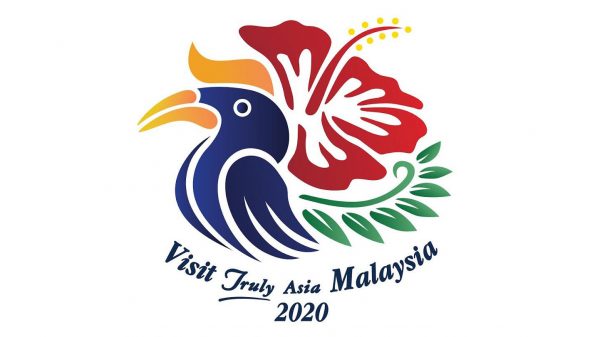SINGAPORE, 1 August 2019; We might be forgiven for thinking Visit Year promotions are more trouble than they are worth. A few countries hold on to them like precious life rafts hoping they will keep a tourism economy afloat.
Both Malaysia and Nepal are heading for Visit Year campaigns in 2020 in that frame of mind and possibly for entirely different reasons. They probably share the same optimism that a good old fashioned tourism campaign will do the trick to rejuvenate a country’s popularity.
Thailand created the first Visit Year campaign back in 1987, but Malaysia fine-tuned the concept accumulating four under its belt and heading for its fifth edition in 2020.

The latest effort has suffered a rough introduction due to trivial mistakes and negative responses from travel consumers fuelled by a love for nit-picking.
It has taken two attempts to come up with a suitable campaign logo. The first one launched during the ASEAN Tourism Forum hosted in Chiang Rai in 2018 ended in a trashcan.
Malaysia’s Prime Minister Dr Mahathir Mohamad relaunched the Visit Malaysia 2020 campaign with a new logo earlier this month. It has managed to scrape by with a “pass mark,” but not before critics claimed the English tagline was grammatically incorrect.

It wasn’t, but as one wise newspaper columnist noted it was definitely “clumsy”. He blamed it on missing punctuation, while the unperturbed Dr Mahathir pressed the launch buttons reminding the audience he had done this before; in fact twice once in 1990 and again in 1994.
That should raise alarm bells if not for anything else other than you can do a perfectly good idea to death.
Nepal has almost done Visit Year campaigns to death, having hosted Visit Year promotions in 1998 and again in 2011.
It could be guilty of placing too much confidence in a 1990s marketing concept that flourished in the pre-digital era but will struggle to capture our imagination in 2020.

You could point to the 30-year gap as one reason, but there others beyond the obvious one that suggests the Visit Year campaigns may have passed their sell-date.
In truth, the latest Nepal Visit Year is really a salvaged version of a campaign year that was supposed to unfold in 2018. That doesn’t bode well for its chances of success in 2020.
Belatedly, Nepal hopes to pin the 2020 Visit Year to the theme “Lifetime Experiences.” The tagline conjures up images of the great outdoors and the unique attractions of the country’s famous Himalayan peaks.
Having faith in a time-tested campaign is fine, but “visit year” promotions no longer appear on the lists of the World’s most innovative campaigns. Destinations Ireland and Iceland both gain a mention on the top 10 lists of creative campaigns, based on their success as location shoots for popular TV series.
Perhaps we have seen enough Visit Year campaigns, or possibly the host countries are not telling us what we all would like to hear. Why bother with a Visit Year campaign if the objectives and the content are not explicit?
Usually, the glossy promotions and launch ceremonies concentrate on the need to attract more tourist arrivals without actually identifying the core activities or content that will make the campaign work and appealing to travel consumers.
What’s so special about the two campaigns that will encourage us to visit in 2020 as opposed to 2021?
Answer that, and we might pack our suitcases. Or course, there are simple features that can make a “Visit Year” work. If a country offers visa-free travel for everyone during the year, then that could be viewed as exceptional to warrant a traveller’s consideration.
When governments relax rules, open new airports and introduce new destinations or green initiatives, they may have identified appropriate content to drive a successful Visit Year campaign.
Unfortunately, when the thinking caps are donned, the Visit Year features usually turn out to be a repetition of an annual festivals list. That doesn’t work. Back to the classroom to brainstorm how to deliver a strong enough reason why we should visit your country in 2020. It will have to be an exceptionally inspiring offer one we cannot refuse.






